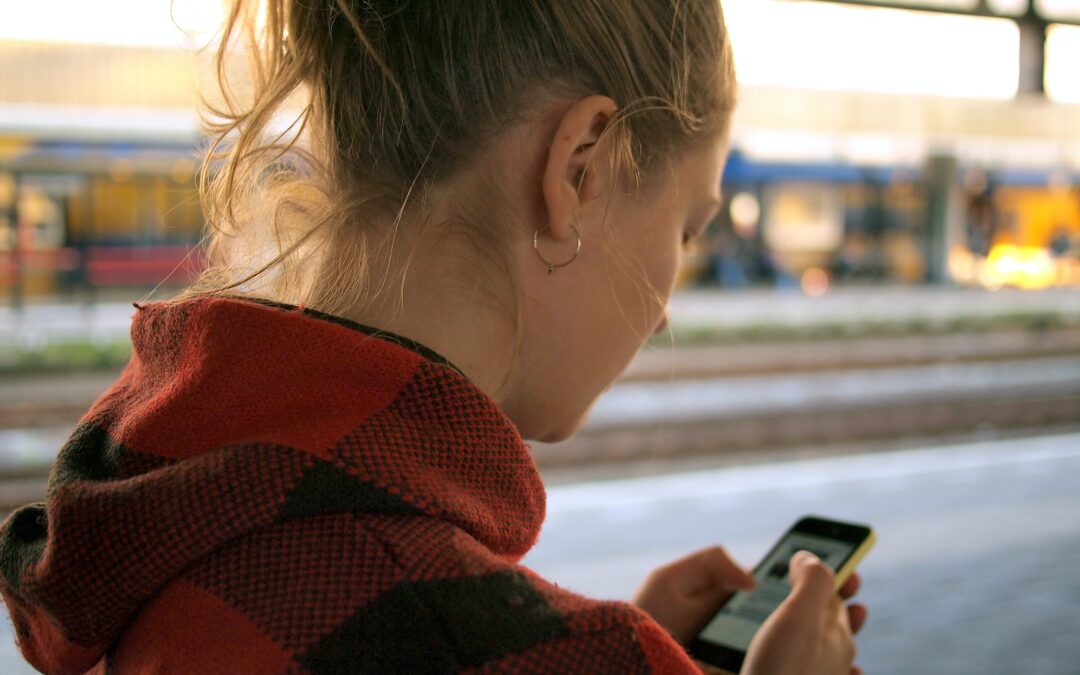Social Media and Mental Health
We all know that social media has both its positive and negative effects on individuals. This is particularly true in the aftermath of the COVID 19 pandemic. There is no surprise that mental health and social media are clearly connected throughout society today which may have major impacts on an individual due to rapid growth in trends. The question here is, how can we reduce these high rates and risk factors, allow people to have a positive relationship with themselves, and to not be consumed by the negative side of social media…?
People may have needed social media during the COVID-19 lockdowns in order to stay connected to family and friends. This type of social media connection led to significant increase in usage creating a bubble that people were forced to be a part of. This extra time people had activated trends in social media which escalated and became more popular as well as the time spent on different platforms. Ultimately this increased use brings its own problems in terms of mental health and how it may slowly decline.
The fast and constant improvement of social media and technology over the past decade, and even more so over the pandemic, match the rising rates of suicide risk and ideation. It is human nature for many individuals, especially adolescents, to perceive themselves negatively which may be due to the need for ‘social rewards’, and craving the attention of likes, comments and shares on their latest post. In a national study of Mental Health and Wellbeing, it shows that in Australia, 2 in 5, aged 16-24 have experiences or currently have a mental disorder that extends over a 12-month period. These numbers cement the issues behind this even more so to make it known of the significant issues individuals are facing currently. Another study concluded that there should be increased awareness to address contemporary issues to help balance impacts on society, ultimately aiming for a better understanding of the topic.
About the Author Tiana Di Genova
Tiana is in her final year of a Bachelor of Science in Psychology at the University of Canberra.
Our speech pathology and psychology clinic is located in Braddon, ACT, in Canberra’s CBD. Call us on 5117 4890 or email reception@inpositivehealth.com to get in touch.
In Positive Health, Canberra. Nel MacBean Speech Pathologist Canberra. Campbell MacBean Psychologist Canberra.
Psychology Canberra psychology Canberra Psychology Canberra psychology Canberra
Psychology Canberra psychology Canberra Psychology Canberra psychology Canberra
Psychology Canberra psychology Canberra Psychology Canberra psychology Canberra
Psychology Canberra psychology Canberra Psychology Canberra psychology Canberra
Psychology Canberra psychology Canberra Psychology Canberra psychology Canberra
Psychology Canberra psychology Canberra Psychology Canberra psychology Canberra
Psychology Canberra psychology Canberra Psychology Canberra psychology Canberra
Psychology Canberra psychology Canberra Psychology Canberra psychology Canberra
Psychology Canberra psychology Canberra Psychology Canberra psychology Canberra
Psychology Canberra psychology Canberra Psychology Canberra psychology Canberra
Psychology Canberra psychology Canberra Psychology Canberra psychology Canberra


